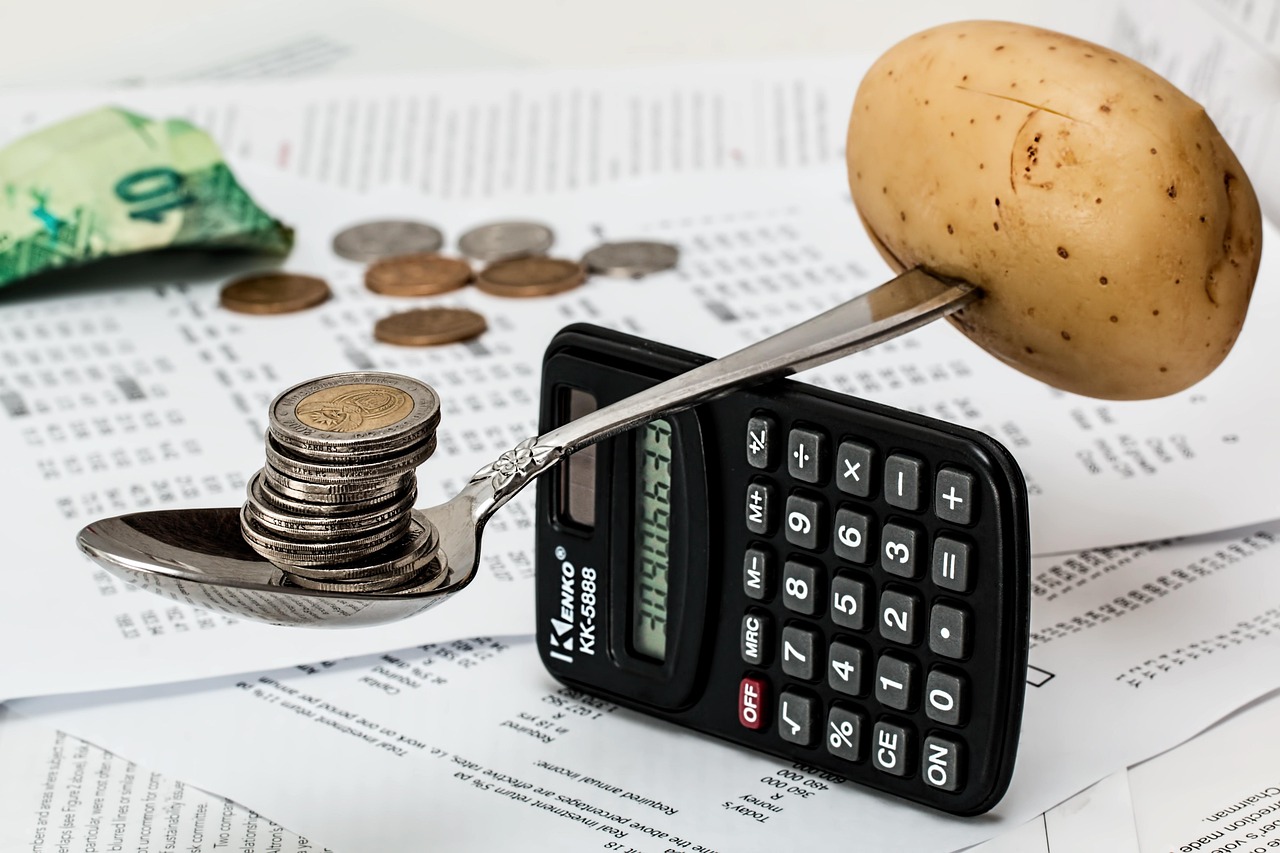Tokenization Supports Instant Refunds with No PAN Storage

In the digital age, the handling of sensitive payment information has become a critical concern for businesses and consumers alike. Tokenization, a method of protecting card data by replacing it with unique identification symbols that retain all the essential information about the data without compromising its security, is revolutionizing the way transactions are processed and refunds are managed. This article explores how tokenization facilitates instant refunds while eliminating the need for Primary Account Number (PAN) storage, providing enhanced security and efficiency.
Tokenization emerged as a powerful tool in the financial technology landscape, addressing the growing need for secure transaction processes. By converting sensitive card data into a string of randomly generated characters, tokenization ensures the PAN is never exposed, even during the transaction process. This approach significantly reduces the risk of data breaches and fraud, making tokenization a preferred choice for businesses worldwide.
The Mechanics of Tokenization
At its core, tokenization works by replacing a card’s PAN with a token, a randomly generated identifier. This token is then used in place of the actual card number during transactions. The token can be mapped back to the original PAN only by the tokenization system, which is typically managed by a secure server within the payment processor’s infrastructure.
- Security: Since the actual card details are not stored or transmitted, the risk of sensitive information being intercepted by malicious actors is minimized.
- Compliance: Tokenization helps businesses comply with regulations such as the Payment Card Industry Data Security Standard (PCI DSS), which mandates stringent measures for storing and handling cardholder data.
- Versatility: Tokens can be used across various transaction types, including online, mobile, and in-store payments, providing a seamless user experience.
Enabling Instant Refunds
One of the significant advantages of tokenization is its ability to support instant refunds. Traditional refund processes, which rely on the original PAN, often encounter delays due to verification and authorization procedures. Tokenization streamlines this process by allowing businesses to quickly access tokenized transaction records without handling the PAN directly.
This efficiency is particularly beneficial in scenarios where refunds need to be processed quickly, such as with online retail returns or canceled travel bookings. The speed and security offered by tokenization not only enhance customer satisfaction but also improve operational efficiency for businesses.
Global Adoption and Impact
The global adoption of tokenization is on the rise, driven by the increasing demand for secure payment solutions. Major payment networks, including Visa and Mastercard, have implemented tokenization standards that enable merchants and financial institutions to offer secure, tokenized payment options to their customers.
Several countries have adopted tokenization as part of their digital payment frameworks. For instance, India has mandated tokenization for all card transactions to bolster security and privacy, aligning with its broader digital economy goals. Similarly, the European Union’s Revised Payment Services Directive (PSD2) encourages the use of tokenization to enhance secure authentication processes.
Challenges and Future Prospects
Despite its advantages, tokenization faces certain challenges. The initial setup and integration can be complex, requiring businesses to work closely with payment service providers. Additionally, the reliance on a centralized tokenization system raises questions about potential single points of failure.
Looking ahead, advancements in blockchain technology and decentralized networks hold the potential to further enhance tokenization by eliminating central points of control. As these technologies evolve, they may offer even more robust solutions for secure, efficient transactions, expanding the role of tokenization in the global financial ecosystem.
In conclusion, tokenization represents a significant advancement in payment processing, offering a secure, efficient, and customer-friendly solution for managing transactions and refunds. As businesses and consumers continue to prioritize data security and operational efficiency, the adoption of tokenization is likely to grow, playing a crucial role in shaping the future of digital payments.














